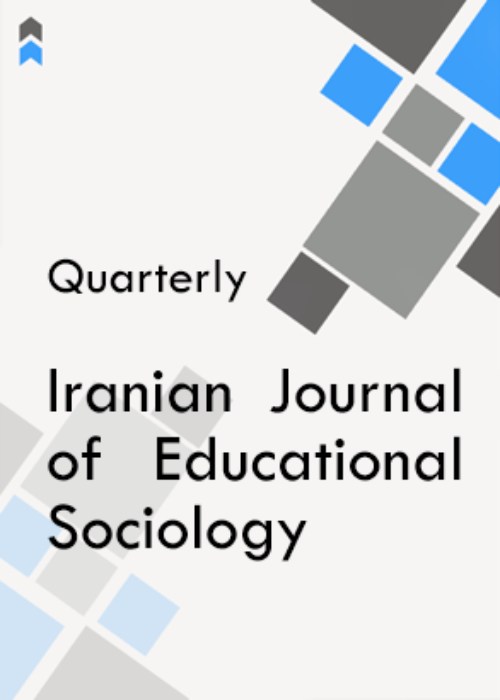The impact of university education on women social resilience for development of small and medium enterprises
Author(s):
Article Type:
Research/Original Article (دارای رتبه معتبر)
Abstract:
Introduction
This research aimed the effectiveness the dimensions of university education on women's social resilience to develop small and medium enterprises.
Methodology
The research was applied in terms of purpose and an exploratory blend in terms of the method type. The statistical population of the study in the qualitative section of the research included all faculty members, and in the quantitative phase, all female graduates of the Governmental and Azad universities in Babolsar, Ramsar, Babol, Behshahr, Joybar, Chalous, Sari, Savadkouh, Noor, Noshahr, Neka, Amol, Tonekabon, Ghaemshahr, and Mahmoudabad. Through the qualitative section, the purposeful sampling method was utilized and the sample size was determined based on the saturation law of 15 individuals. In the quantitative section regarding the unlimited size of the society, 384 individuals were selected as sample using the cluster random sampling method. The measurement tool consisted of two researcher-made questionnaires based on the data obtained from theoretical foundations and interviews with the due experts in which included a 28 questions on university education with the aim of identifying small and medium enterprises and 35 questions on social resilience. In order to analyze the data, in addition to the encoding, the descriptive statistics indices (mean and standard deviation) and the inferential statistics indices (confirmatory and exploratory factor analysis) were used in the framework of structural equations using the SPSS21 and Amos software.
Findings
The results of structural equations showed that entrepreneurship education, university in-service training programs, virtual education, formal education, side skills training, and basic work and theoretical education affect the social resilience of graduated women. In addition, according to the standardized regression coefficients (β), in-service training programs with an impact level of 0.510 had the most impact and formal education with the effect of 0.264 had the least effect on the social resilience of female graduates of Universities of Mazandaran.
Conclusion
Based on the findings of the research, the decision makers and the appropriate policies of the university administrators help to make more and better university education to promote social resilience of their students.Keywords:
Language:
English
Published:
Iranian Journal of Educational Sociology, Volume:2 Issue: 1, Apr 2019
Pages:
13 to 22
magiran.com/p2018640
دانلود و مطالعه متن این مقاله با یکی از روشهای زیر امکان پذیر است:
اشتراک شخصی
با عضویت و پرداخت آنلاین حق اشتراک یکساله به مبلغ 1,390,000ريال میتوانید 70 عنوان مطلب دانلود کنید!
اشتراک سازمانی
به کتابخانه دانشگاه یا محل کار خود پیشنهاد کنید تا اشتراک سازمانی این پایگاه را برای دسترسی نامحدود همه کاربران به متن مطالب تهیه نمایند!
توجه!
- حق عضویت دریافتی صرف حمایت از نشریات عضو و نگهداری، تکمیل و توسعه مگیران میشود.
- پرداخت حق اشتراک و دانلود مقالات اجازه بازنشر آن در سایر رسانههای چاپی و دیجیتال را به کاربر نمیدهد.
In order to view content subscription is required
Personal subscription
Subscribe magiran.com for 70 € euros via PayPal and download 70 articles during a year.
Organization subscription
Please contact us to subscribe your university or library for unlimited access!



